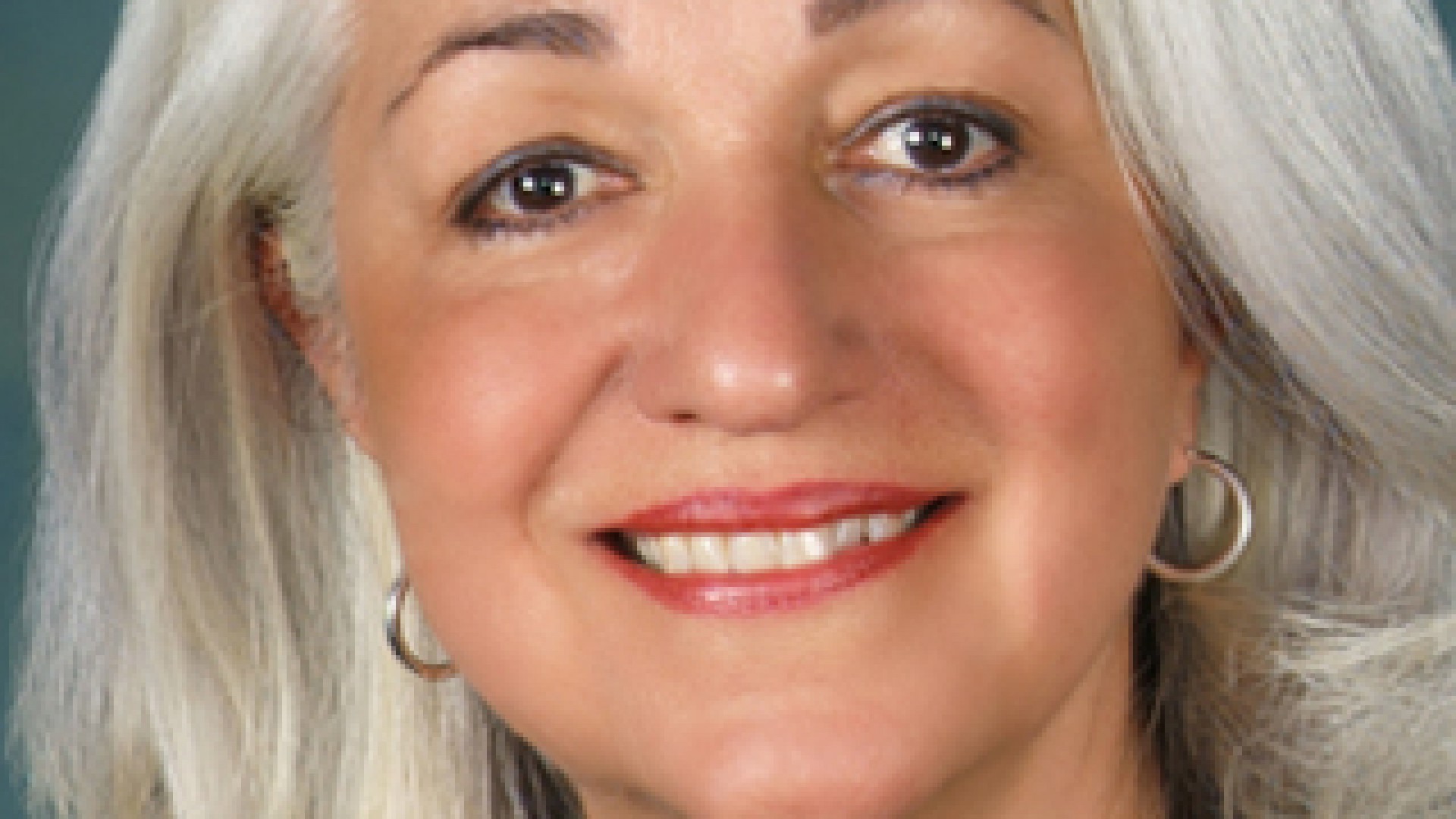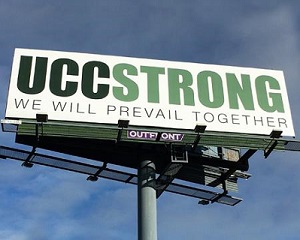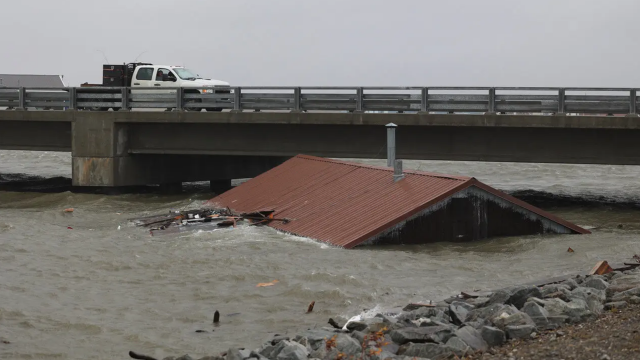
Anne Kubisch, The Ford Family Foundation
Oct. 1, 2015, was a day that rocked our world and broke our hearts. The mass shooting at Umpqua Community College was so personal, so local, so much about us. The kind of tragedy that we somehow thought only could happen in other communities, or in other schools, actually happened to us — in Roseburg, Oregon, a town of 22,000 residents.
We needed to cry, help the victims, and put in place a community response to the crisis — all at the same time.
Oct. 1 was also the day we discovered the resilience and capacity of the Douglas County community. We saw first responders performing beyond all expectations. We saw people from all walks of the community come together in extemporaneous acts of sharing and kindness. Organizations stepped up to support the college’s capable leadership. People dropped everything and came from across the state — across the country — to help out.
Telling the Stories
We are devoting this issue of Community Vitality [The Ford Family Foundation's biannual newsletter] to telling these stories. If anything good is to come from this event, we need to look at what happened, examine our response and identify what worked, and equally as important, what did not. We need to use these lessons to build our community so we are prepared in case another catastrophic event occurs. And we need to tell these stories so other communities can benefit from these hard lessons. The focus of this publication is on how our community engaged and responded; the story of our heroic first responders will be captured in an official law enforcement report later this year.
 Besides himself, the shooter at UCC claimed the lives of a professor who loved to fish the North Umpqua River, and eight students, some of them fresh out of high school, some of them embarking on new careers, new beginnings. Eight others were physically injured, and some will never fully recover. Many people have been deeply affected emotionally and psychologically, whether as witnesses, first responders, family members and friends of victims, college staff, or community members.
Besides himself, the shooter at UCC claimed the lives of a professor who loved to fish the North Umpqua River, and eight students, some of them fresh out of high school, some of them embarking on new careers, new beginnings. Eight others were physically injured, and some will never fully recover. Many people have been deeply affected emotionally and psychologically, whether as witnesses, first responders, family members and friends of victims, college staff, or community members.
Lance Colley, Roseburg city manager, said it eloquently: “Our community responded with love, compassion and genuine interest to help. We now have the obligation to take that outpouring of support and leverage it not just to return to our former way of life, but to become even better.”
While things may never get back to normal, we are adjusting to a new normal, one that builds resiliency and makes our community stronger.
Anne Kubisch is president of The Ford Family Foundation, based in Roseburg, Oregon. This was originally published in the Spring 2016 issue of the foundation's Community Vitality news.


